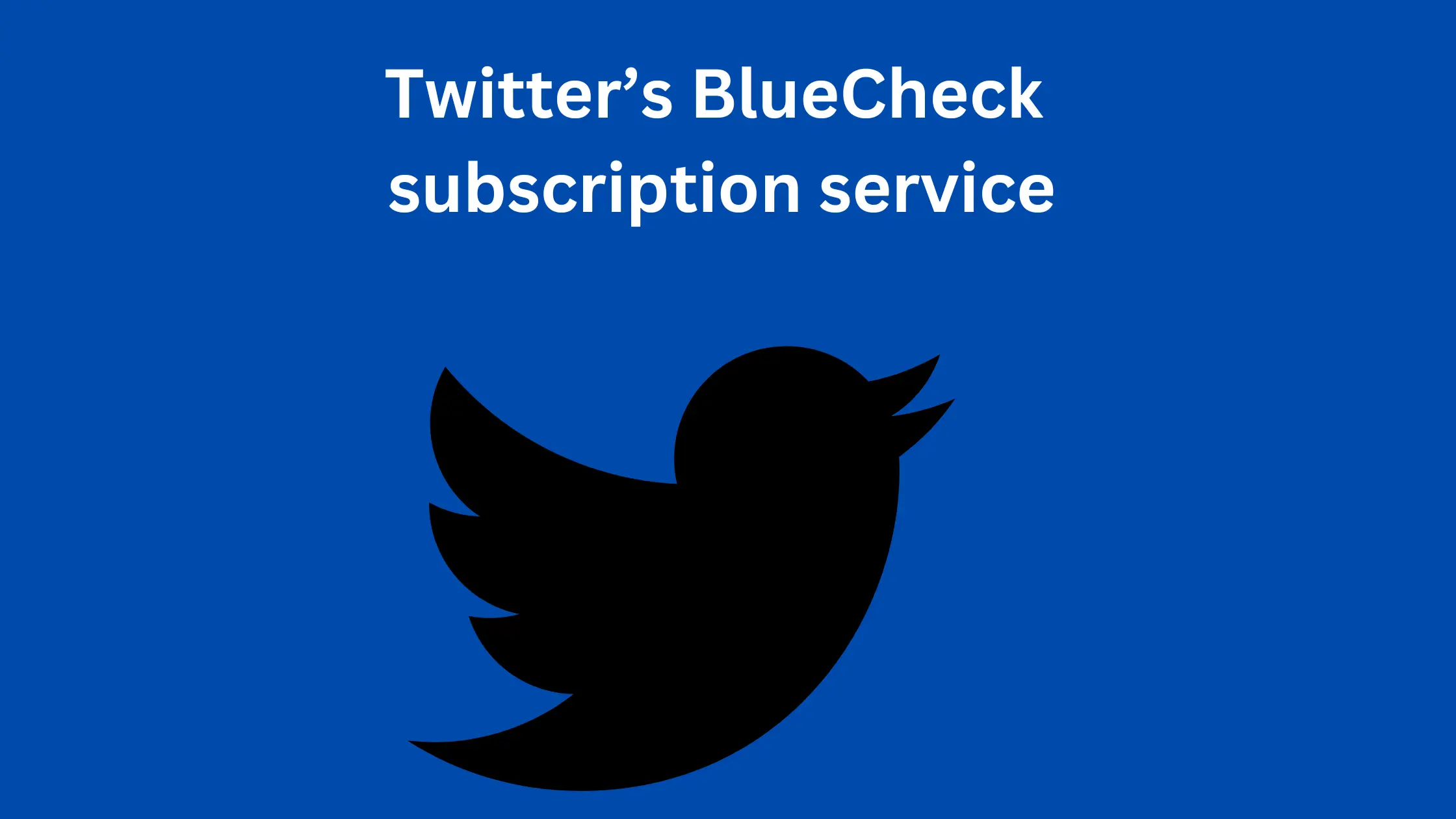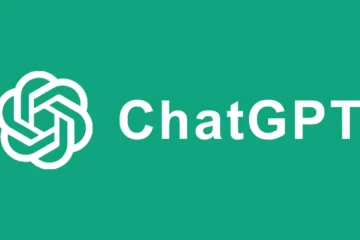Elon Musk, Twitter’s new owner, revealed that the service will cost $8 per month (instead of $20), and customers will have access to a number of advanced features. For example, the ability to post lengthier videos and audios, a restricted amount of advertising, and paywall bypass for participating media. Priority in responses, mentions, and searches.
Twitter’s BlueCheck subscription service:
Subscribers will also get the elusive “Verified” badge, which some people think is Twitter’s greatest accomplishment in addition to the aforementioned benefits. If they don’t subscribe within 90 days, they’ll lose their badge.
The Verified Badge was first created to stop journalists, A-list celebrities, corporate brands, and a few other significant people from being impersonated. Public submissions for “verified” status were accepted in 2016. But because it would maintain their account on level with famous people, many users have seen the badge as a status symbol. This will probably result in an influx of applications. It became so bad that Twitter closed the application in November 2017 and won’t reopen it until mid-2021.
Musk might be trying to capitalise on the demand after noticing this. Can it earn a lot of money? It’s difficult to say, but Twitter’s verified account, which has at least 4 million followers right now, may offer some insight. If every follower agreed to pay the $8 monthly fee, this would bring in $384 million a year. This is hardly a significant change either, but it is significantly less than the $5.08 billion in advertising income in 2021. Considering that Musk originally desired a $20/month subscription charge, 4 million users could generate $960 million in yearly revenue.
This proposal has faced fierce opposition. The majority of those who already possess a verified badge have made the decision not to subscribe, even if it means giving up their badge. Celebrities won’t likely use this and will seek for alternative methods of self-verification. Some individuals also don’t want the badge since it can be perceived as supporting Musk financially and his political agenda, which could hurt his reputation. In the end, this might be the starting point of a platform exodus since if a celebrity quits, their fans can follow them.
Musk must keep in mind the Verified Badge’s distinctiveness, which made it so wanted in the first place if he hopes to make the membership model successful. The oddity is that some buyers of limited edition vehicles pay a premium, despite the fact that they are occasionally marketed as “weightless, race-inspired” vehicles with a nice logo on the back of the base model with the striped exterior. a little bit more. Due to elite universities’ selective admission policies, that matter is currently before the Supreme Court as of the publication date.
Customers would receive validated badges as part of Musk’s contentious idea. Celebrities probably don’t need it, and some people are reluctant to give money to someone with whom they disagree. The financial repercussions of this might be catastrophic. But if done properly, it may ultimately bring in a billion dollars. He must not only provide them value for their money but also make them feel unique, in order to do this.





Clone Our Proven High-Earning Sales Funnel
Just Claim It as Your Own and Keep 100% of the Selling Profits!
You can get ALL the High-Converting Content Templates you’ll ever need to sell your products & services online
Buy Now:
https://advikadvertising.com/funnelkit/